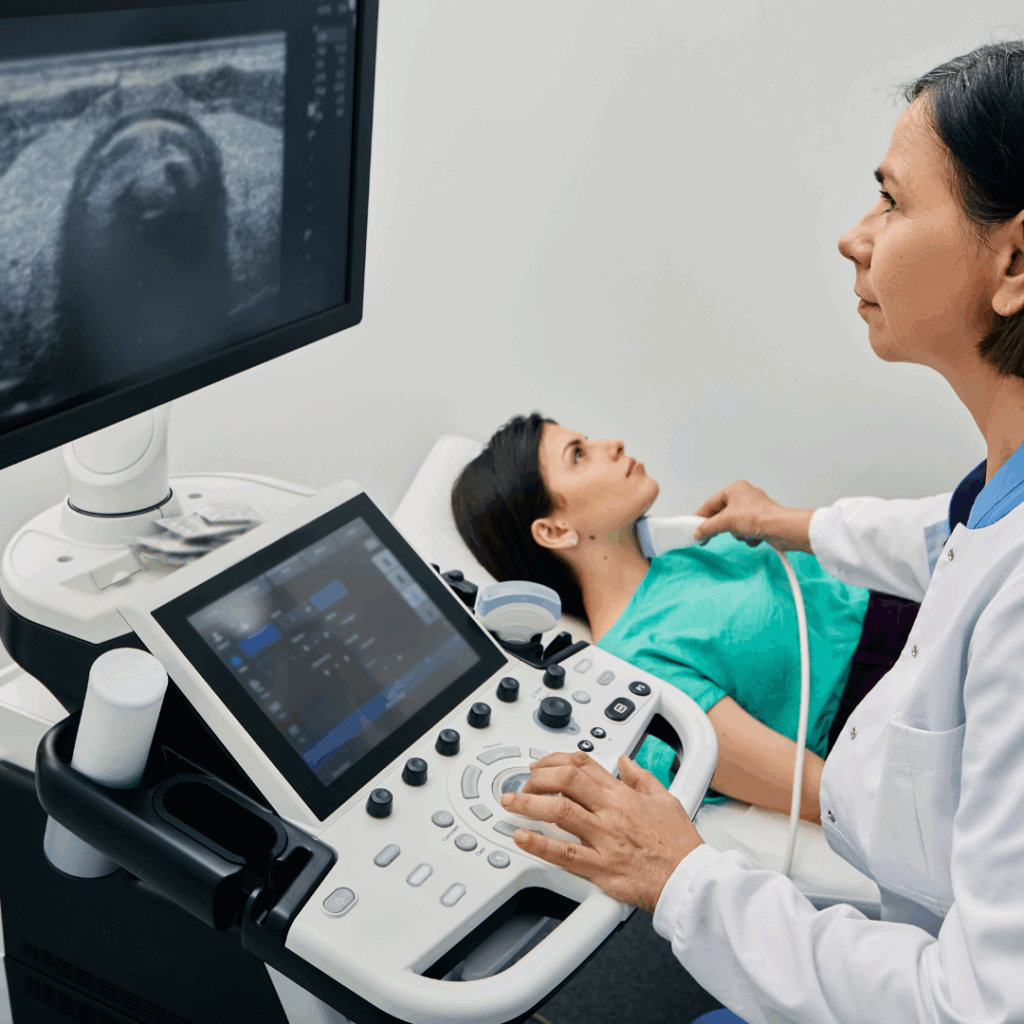For parents of children with scoliosis, ensuring access to timely and effective treatment is a necessity. Unfortunately, recent events at Temple Street Hospital, part of Children’s Health Ireland (CHI), have highlighted serious challenges in delivering safe and consistent scoliosis care. From governance failings to delays in surgical intervention the situation has garnered national attention. This blog will shed light on the latest updates in pediatric scoliosis treatment at Temple Street Hospital, covering key findings from recent reports, ongoing challenges, and what changes are being implemented to rebuild trust and deliver better outcomes for children.
Understanding the Scoliosis Crisis
Rising Demand and Treatment Gaps
Scoliosis, a condition causing abnormal curvature of the spine, necessitates timely medical intervention to prevent complications ranging from chronic pain to respiratory issues. For years, Ireland’s pediatric scoliosis services faced acute strain due to increasing demand and systemic inefficiencies. Reports indicate that as recently as 2017, over 119 children had waited longer than six months for critical spinal surgery, while 46 faced delays of over a year.
This situation prompted then-Minister for Health Simon Harris to pledge a maximum wait time of four months for such procedures. Though strides have been made to improve accessibility, recent controversies at Temple Street Hospital have reignited concerns over governance and patient safety.
Behind the Headlines: Key Issues in Scoliosis Treatment
The Use of Unauthorised Medical Implants
One of the most concerning aspects that emerged was the use of non-CE marked springs in three spinal surgeries conducted at Temple Street Hospital. These springs, intended to treat severe scoliosis cases, were not adequately tested or approved for medical use. The 2025 Health Information and Quality Authority (HIQA) report described their use as
“wrong”
and highlighted the absence of critical safeguards to protect children from avoidable harm.
The source of inspiration for this technique came from a Dutch clinical trial using medical-grade titanium springs. However, in Ireland, the springs used were supplied by a non-medical industrial supplier and made of materials known to corrode in moisture, making them entirely unsuitable for implantation. Amidst these procedural failures, it was found there was no formal approval from senior clinical leaders, nor proper informed consent from the families involved.
More Than Process Failures
HIQA reported significant governance breakdowns within Temple Street’s orthopaedic service, declaring that institutional failings extended beyond the surgical use of the springs. The absence of structured approval mechanisms and oversight for medical devices, coupled with ongoing cultural and communication challenges in the orthopaedics department, created an environment where safety principles were inconsistently upheld.
Sean Egan, Director of Healthcare Regulation at HIQA, pointed out that there was a lack of
“an open, inter-collegiate atmosphere”
within the department. Critical questioning of decisions was suppressed by broader communication failures, further exacerbating systemic risks.
Impact of Waiting Lists on Children
Even prior to this controversy, scoliosis services in Ireland faced significant strain. Children on lengthy waiting lists endured severe physical and psychological effects, as underscored by Ombudsman for Children Dr Niall Muldoon in earlier reports. Despite pledges to limit waiting times for spinal surgery to four months, the target has yet to be consistently met, leaving over 200 children still awaiting surgery as of 2025.
Recent government interventions have seen waiting times improve compared to previous years, but advocacy groups emphasise urgent action is still required to protect children from avoidable complications.
Steps Towards Reform at Temple Street Hospital
Governance Overhaul
Following the HIQA findings, Children’s Health Ireland has committed to several reforms aimed at addressing the identified governance failures. These include implementing a clearer management structure, ensuring adequate oversight of medical devices, and creating shared responsibility across multidisciplinary teams, in line with HIQA recommendations.
Lucy Nugent, CHI’s Chief Executive, issued a public apology to the affected families, acknowledging the shortcomings and pledging to rebuild trust in the system.
“We deeply regret what occurred,”
she said, promising accountability and full implementation of all reforms outlined in the HIQA report.
National Strategies to Address Gaps in Care
Despite the challenges, Children’s Health Ireland (CHI) and the Health Service Executive (HSE) have been working to implement reforms to ensure a safer, more effective system for pediatric scoliosis treatment.
Renewed Governance Structures
The CHI Board has introduced a Medical Device Management Committee to oversee the selection, approval, and tracking of surgical implants across all CHI sites. Mechanisms for consistent regulatory compliance under EU Medical Device Regulation (MDR) are also being established.
Specialist Reviews and Audits
A detailed quality improvement plan is addressing gaps in oversight and safety protocols, including the creation of an Irish National Orthopaedic Registry for better tracking of surgical implants and patient outcomes.
Enhanced Communication and Collaboration
CHI has committed to creating formal multidisciplinary team structures and prioritising ethical considerations, in line with national standards.
What Does This Mean for Parents Moving Forward?
While no apology or reform can undo the distress families have experienced, the recent focus on change offers a hopeful pathway forward. Parents looking for reassurance should know that Temple Street Hospital and CHI are under scrutiny to deliver the highest levels of care, with new safeguards in place to prevent such failures from recurring.
Key Questions to Ask Your Child’s Care Team
- What treatment options are available for my child’s scoliosis, and what are their risks?
- How will my child’s progress be monitored after treatment begins?
- How can I ensure all information about medical devices used in my child’s care is shared clearly and accurately?
The lessons learned from recent events underline the importance of informed decision-making between healthcare professionals, children, and their families.
Parental Advocacy and Systemic Accountability
Parent voices have been central to driving change, not only in standing up against malpractices but also in pressing for systemic reforms. Groups advocating for children’s health have called upon policymakers to establish mechanisms like a statutory child death review process to ensure similar issues do not arise again.
Dr Niall Muldoon, the Ombudsman for Children, highlights how unresolved tragedies affect families emotionally and calls for a systematic approach that centres learning and prevention.
Looking Ahead
The publication of the HIQA review is both a sobering reminder of the need for diligence in medical care and a hopeful turning point for the scoliosis community. For parents, these developments shed light on the importance of advocacy and vigilance in healthcare systems.
Need Legal Support for Medical Negligence?
If you require assistance navigating medical negligence claims, HOMS Assist provides expert legal advice to ensure your family’s rights are protected.









